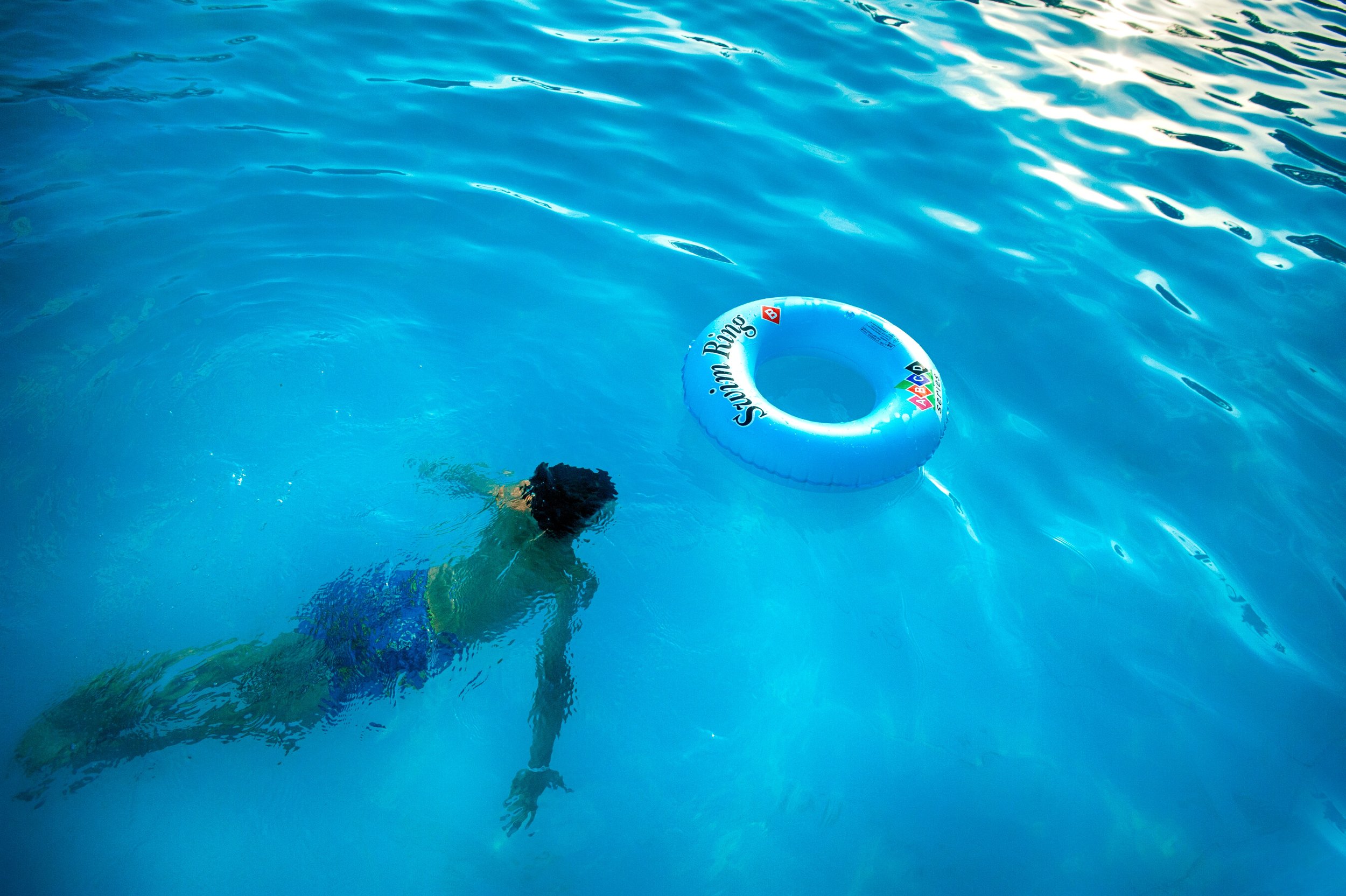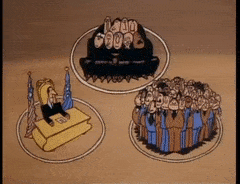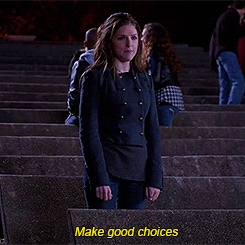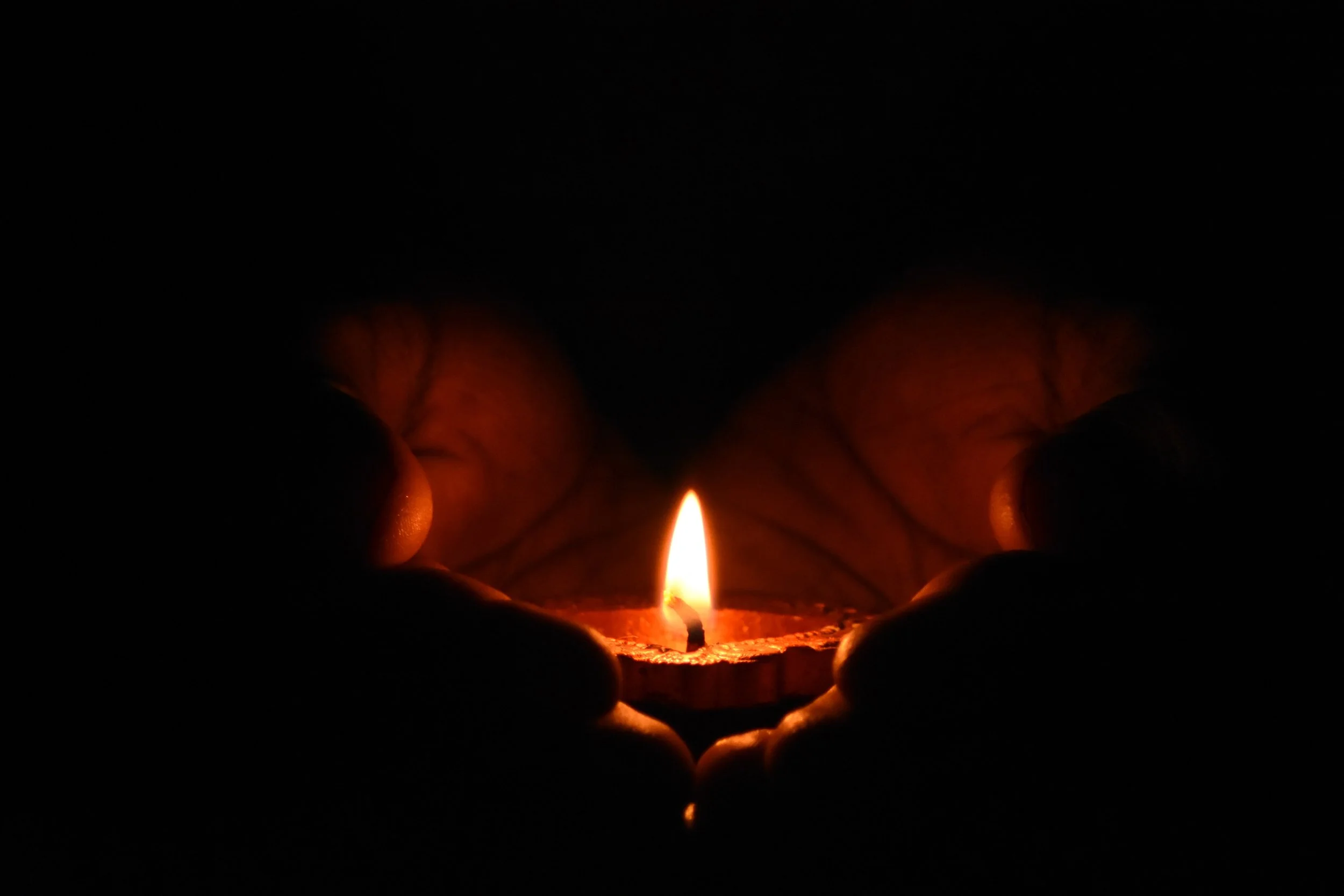I'm not better yet.
/I’m not better yet, and I really wanted to be.
(Well, as better as I get, for a woman with a handful of chronic health conditions.)
I want to be at the end of the story. I want happily ever after. I want to feel good.
But I want to be real more than anything, though, so I’m not going to bullshit you. I’m sick. I fought like hell to live as a kid, and now I’m doing the same.
My arms are too weak to push myself up from bed. Ten minutes in any heat makes me feel as hot and wiped out as a day at the beach. I’ve gained 65 pounds in the past couple years in ways that are symptomatic of a problem. My mind gets all tangled from time to time. I am exhausted all. the. time. My body feels like it weighs two tons whenever I try to stand up. My stamina is nonexistent.
Also, someday I’ll write a post about how exploitative it is to friendships for you to show up in DMs - especially when you’ve never DMed before - to sell me some miracle cure/shake/oil/program when you’ll financially benefit from my purchase.
Again, not helpful and so many assumptions.
Also, implies that your friend is not doing enough to be healthy.
And? I miss the friends some of you used to be before you wanted to cash in on my struggles. So, please, no.)
I can’t tell you how my last speaking engagement went, because I got hot and anxious and jumbled almost immediately. People who were in the room had never heard me before, so they had no clue that i was so disoriented the whole time, but that was the last straw for me. I took a four hour nap immediately after I spoke. I knew I needed help. Something wasn’t right.
That’s what health self-advocacy is all about, after all. It’s knowing your body and making it known to medical professionals. It’s not returning to doctors who don’t respect your self awareness or don’t treat you like an equal partner in your own wellbeing.
For me, it’s extra scary. I have PTSD. Touching me is something earned, and doctors aren’t friends who’ve proven themselves to be safe. Yet to be healthy, I have to let these lab-coat-wearing folks touch me.
Sometimes self care - real genuine care for oneself - is no fun at all. I’m the mom of six, and I can absolutely tell you that caring for others isn’t always fun either. I remember caring for Zoe in Taiwan by force-feeding her with a syringe until we got to where we could access the medication she needed to eat without pain. That care was needed, but it was not fun.
Yet we too often talk about self care in terms of massages and bubble baths. Sure, it can be those things, but that’s the polished and privileged form of self care. Real care isn’t always pretty.
I don’t know what is coming next. I don’t know if I’ll be better like I hope. I’m not sure I remember what better even feels like.
I do know one thing, though: we often wait to share stories until they’re resolved, and this means we' don’t know how to live through the messy middles and we don’t know what to do when we’re invited into someone else’s. But we can learn. I’ve shared this before, but my husband - when words fail and nothing else seems right - will say, “empathy,” to me. Just the one word. Empathy.
It’s his way of saying, “I know this is a big deal, and there’s nothing I can do to fix it, but I’m here and I’m with you in it.” It’s his way of making sure I know I’m not alone. It’s his way of reflecting Christ to me.
I think we all can use more empathy, because more of us are in the “not yet” part of our stories than we’d like to admit.
If you aren't sure what to say but you want to leave a comment, simply reply with the word empathy. I don't need fixing or pity or advice.
I need people.
I need empathy.
I need you.
None of us are meant to struggle alone, after all.























